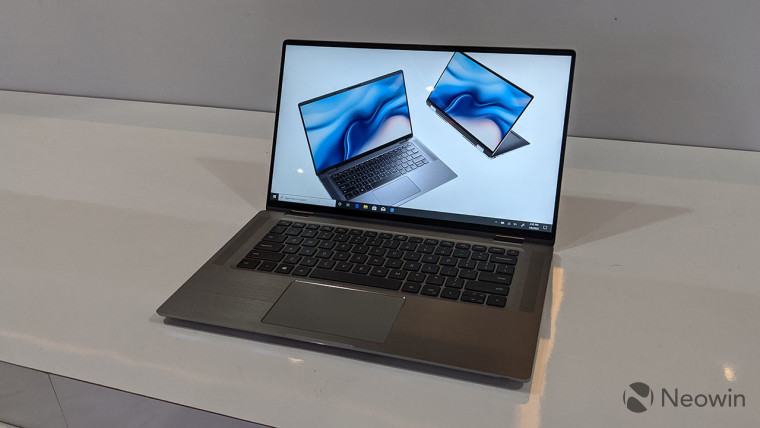
It was over 11 months ago that Dell announced what it said would be one of the first 5G PCs. It was a brand-new 9000 series for the Latitude brand, and while the PCs have been available for some time, all of the Intel-powered 5G PCs - which still have Qualcomm modems - haven"t actually shown up.
But now, the Latitude 9510 is on the way, and it"s officially the first laptop to support T-Mobile"s nationwide 5G network. The PC, like all Intel-powered 5G PCs so far, only supports sub-6GHz bands, as opposed to the mmWave frequencies supported by the Snapdragon-powered 5G PCs that we"ve seen so far.
According to Dell"s 5G tests, you"ll get speeds that are up to three times as fast as 4G LTE. Dell also touted new use cases such as IoT, autonomous driving, and more, but as far as 5G in a PC goes, it just means faster speeds. You might have gigabit Wi-Fi in the office; however, when you take your 4G LTE PC on the go, you might be getting speeds of 100Mbps or less, obviously depending on where you are. Faster is better, and it"s probably even more notable when it comes to PCs than phones.
Of course, there are greater overall benefits to cellular in general, especially in a business use case like you"d find with a Latitude user. Cellular networks are much more secure than public Wi-Fi, and it"s also much more convenient. You don"t have to give up your email address to sign on, or hunt down a Wi-Fi password. It just works.
Dell is also doubling-down on its battery life claim. Back at CES, it promised an ambitious 30 hours on the 15-inch laptop, but now it"s promising 34 hours. For something that promises such battery life, it"s super light at 3.19 pounds, thanks to its carbon fiber design.
Dell Latitude is the business lineup, so if you want to get the Latitude 9510 for your organization, contact your sales representative.